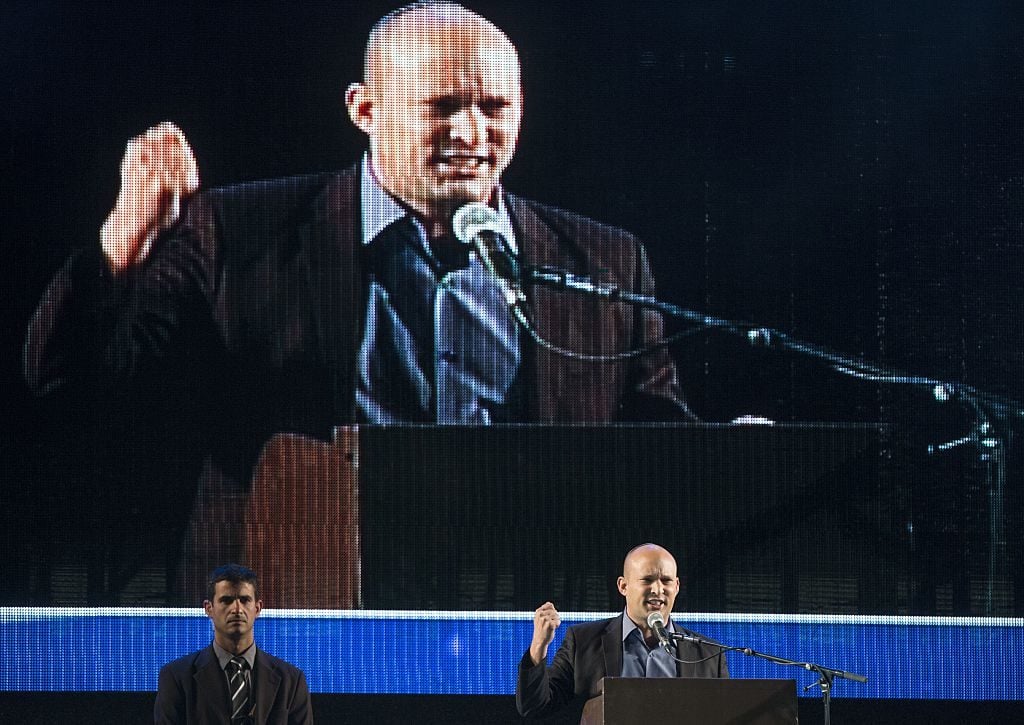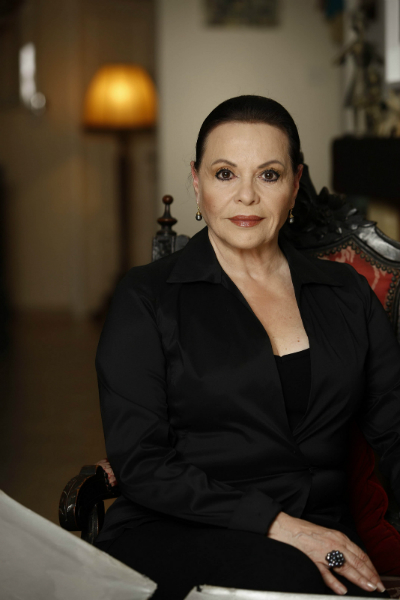Art World
2,000 Israeli Artists Sign Petition Accusing National Government of Censorship
Is the Israeli government compiling a "black list"?

Is the Israeli government compiling a "black list"?

Amah-Rose Abrams

Over 2,000 Israeli artists have signed a petition which warns against what they perceive to be a governmental move against freedom of expression, the Guardian reports.
The petition—which includes signatures from prominent figures in visual arts, film, theater, literature, and music—calls out the new government for silencing people whose views don’t fall in line with their own (see Jeremy Deller, Ed Atkins, and Hundreds of UK Artists Support Cultural Boycott of Israel).
Signatories of the petition said the government’s actions in withdrawing funding from the school play A Parallel Of Time, by the al-Midan Theatre, are anti-democratic. The play tells the story of the Palestinian Walid Daka’s time in prison for torturing and murdering the Israeli soldier Moshe Tamam in 1984.
“We, the signatories below, are the voices you are trying to silence,” the petition reads. “We hope that Israel will not deteriorate into a country in which artists that express their views are put on a ‘black list.’”

Israeli Culture and Sport Minister Miri Regev
Photo via: Miri Regev’s Facebook
In a recent meeting with cultural representatives, Culture and Sport Minister Miri Regev, from the ruling conservative party Likud, said that she was looking at changing the criteria for future funding.
“I decide the criteria; I can decide which institutions get money,” Regev said. “The government doesn’t have to support culture. I can decide where the money goes. The artists will not dictate to me.”
Regev’s statement came a day after she cut funding from Elmina, a theatre group in Jaffa, because the Arab-Israeli theater manager had refused to perform in a settlement in the Jordan Valley.
Education Minister Naftali Bennett, who took the decision to withdraw funding from A Parallel Of Time, is equally unrepentant.
“The question here is whether the Ministry of Education in Israel should pay for schoolchildren to go see a play that shows sympathy to a murderer and a terrorist,” he told the Associated Press. “And my answer is no […]. The signatories do not know me. It’s a bit uncivilized to make frightening statements about potential McCarthyism that are entirely baseless.”

Grande dame of Israeli theater Gila Almagor, one of the signatories
Photo via: Ido Lavi on Flickr
“My view is that art does not belong to any political party and that it is stupid to see it as supporting one view or another,” said Israeli curator Roy Brand to artnet News of the dispute. “I can hear Wagner without becoming a Nazi and I can see a play based on a terrorist memoir, understanding the world he lives in, without thereby sympathizing with his cause.”
“Historically, censorship only helped promote the censored […] Artists have their own form of politics that should not be levelled to the existing political playing field,” Brand added. “And, on a side note, the BDS movement is just as retarded as our Minister of Culture in debasing everything into ready-made politics.”